Wannacry: Dr Krishna of Indian origin in London had predicted mammoth cyber attack
Sun 14 May 2017, 10:29:04
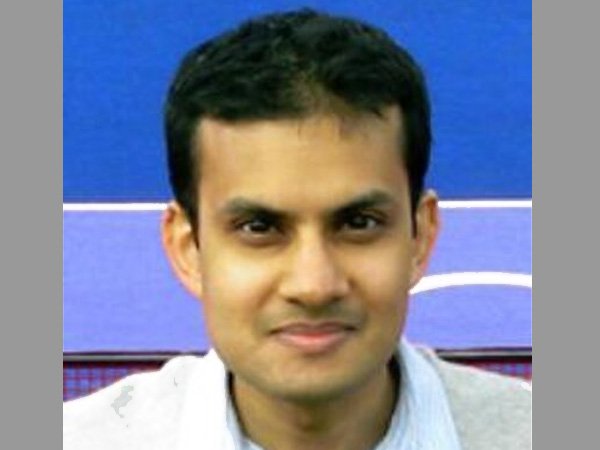
The world was hit by WannaCry, a ransomware. It would be interesting to note that a doctor of Indian origin had warned against the cyber-hack of the UK's state run National Health Service just a few days before it crippled the country's network.
On Friday there were 75,000 ransomware attacks in 99 countries . Ransomeware attacks have been targeting organisations across the world. A majority of the attacks targeted Russia, Ukraine and Taiwan. The ransomware locks down all the files on an infected computer and asks the computer's administrator to pay in order to regain control of them. The ransomware, called 'WannaCry,' is spread by taking advantage of a Windows vulnerability
that Microsoft released a security patch for in March.
that Microsoft released a security patch for in March.
But computers and networks that haven't updated their systems are at risk.
Dr Krishna Chinthapalli, a neurology registrar at the National Hospital for Neurology and Neurosurgery in London, had warned that an increasing number of hospitals could be shut down by ransomware attacks in an article on the vulnerability of the NHS network in the 'British Medical Journal' on Wednesday, two days before the major cyber-hack.
He had highlighted an incident at Papworth Hospital near Cambridge where a nurse clicked on a malicious link and malware infected her computer and started to encrypt sensitive files.
No Comments For This Post, Be first to write a Comment.
Most viewed from International
Most viewed from World
AIMIM News
Latest Urdu News
Most Viewed
May 26, 2020
Can Lionel Messi's visit boost Indian football?
Latest Videos View All
Like Us
Home
About Us
Advertise With Us
All Polls
Epaper Archives
Privacy Policy
Contact Us
Download Etemaad App
© 2025 Etemaad Daily News, All Rights Reserved.


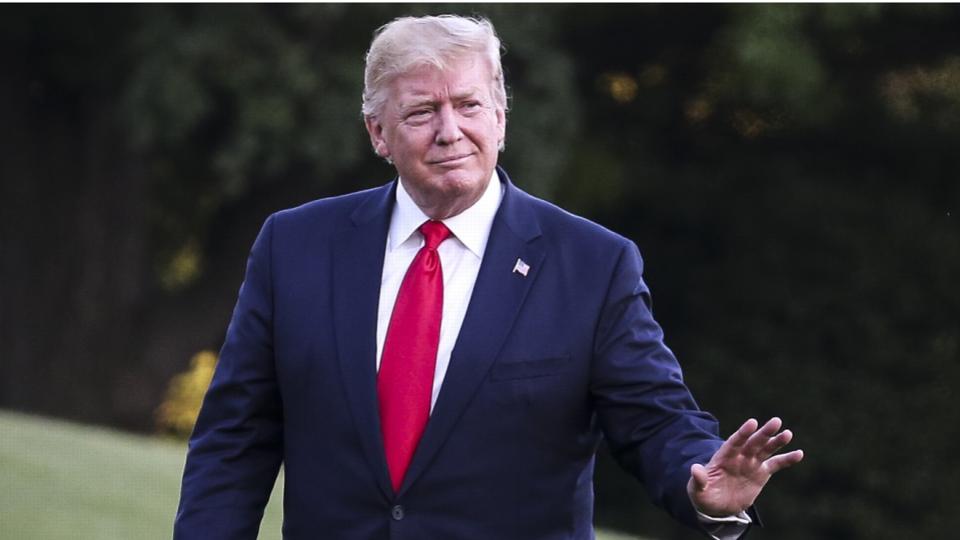

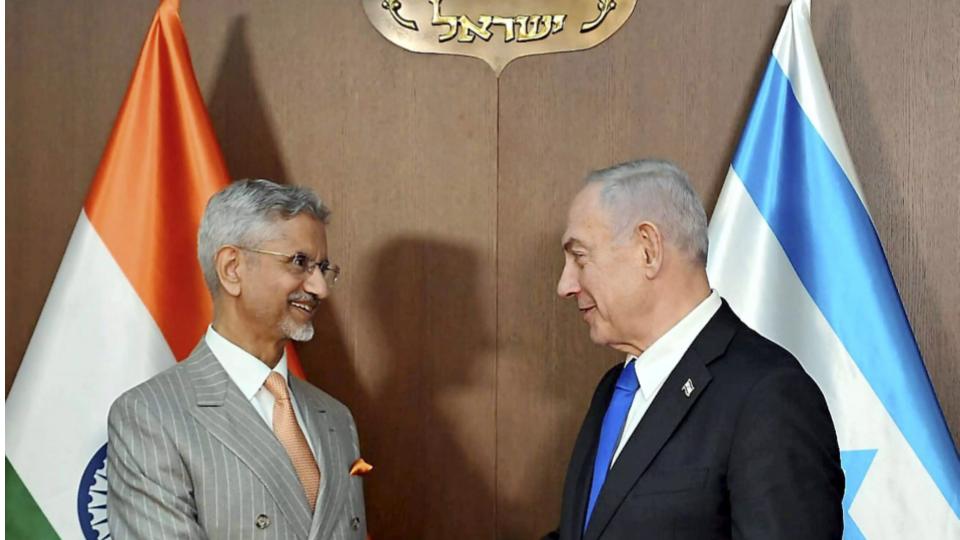


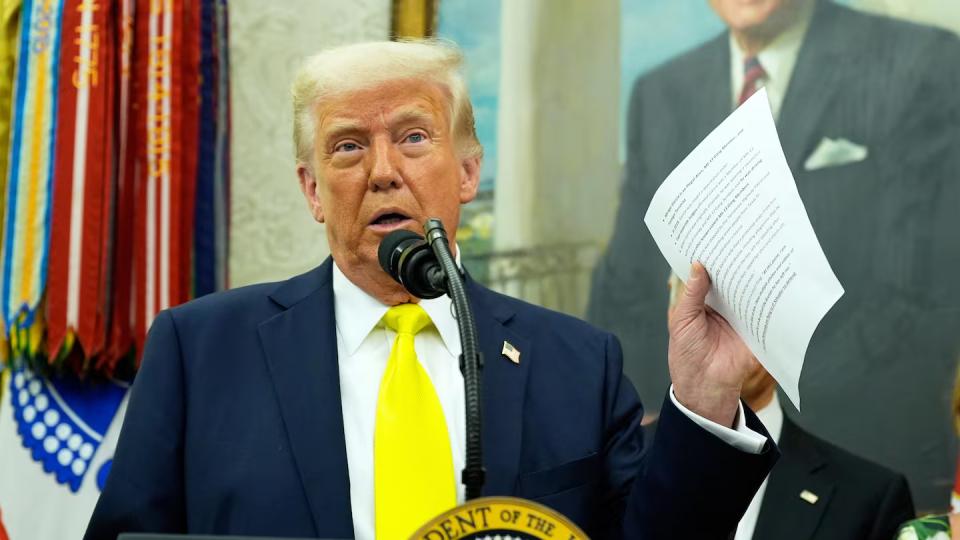
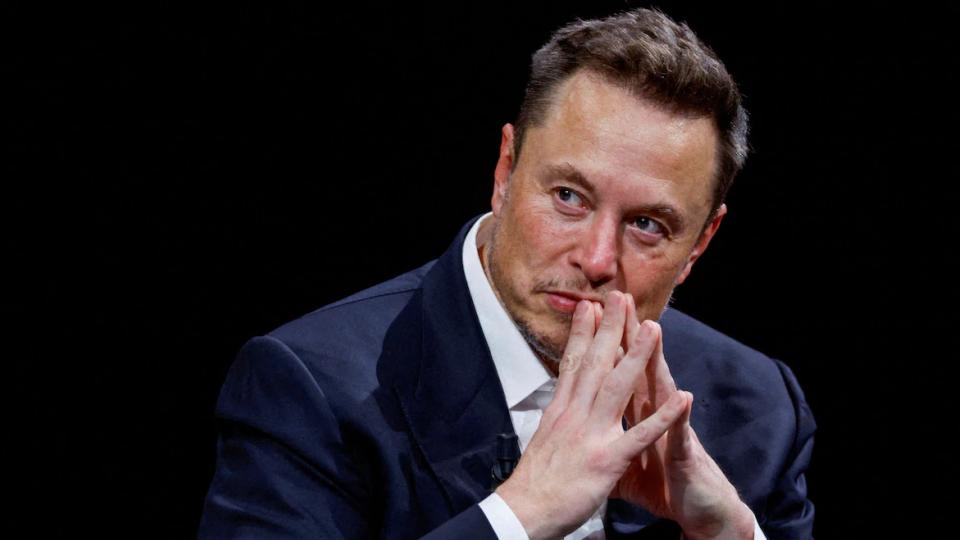
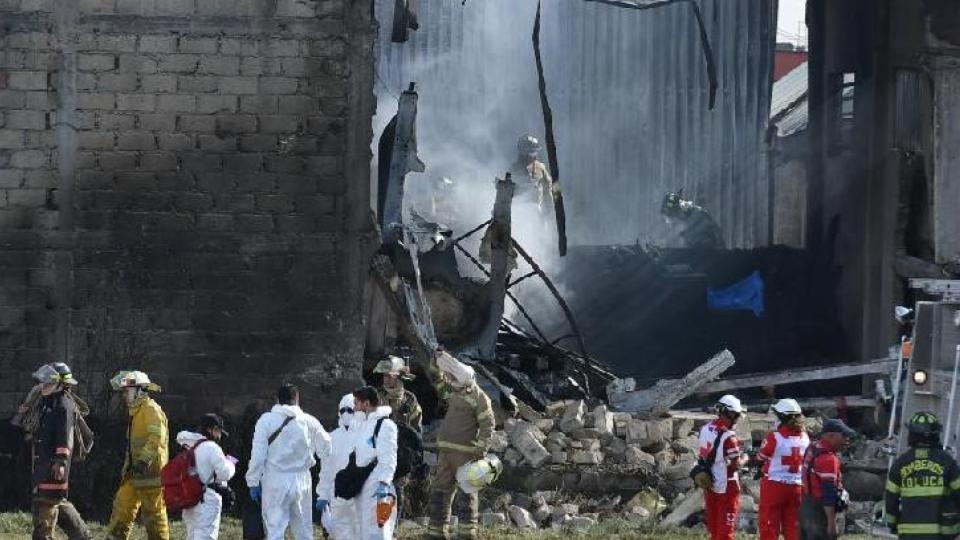

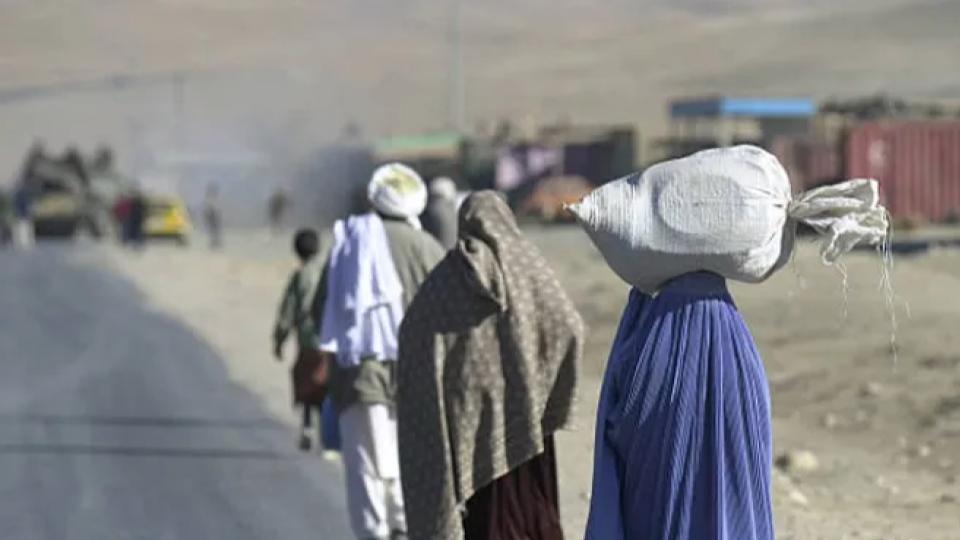
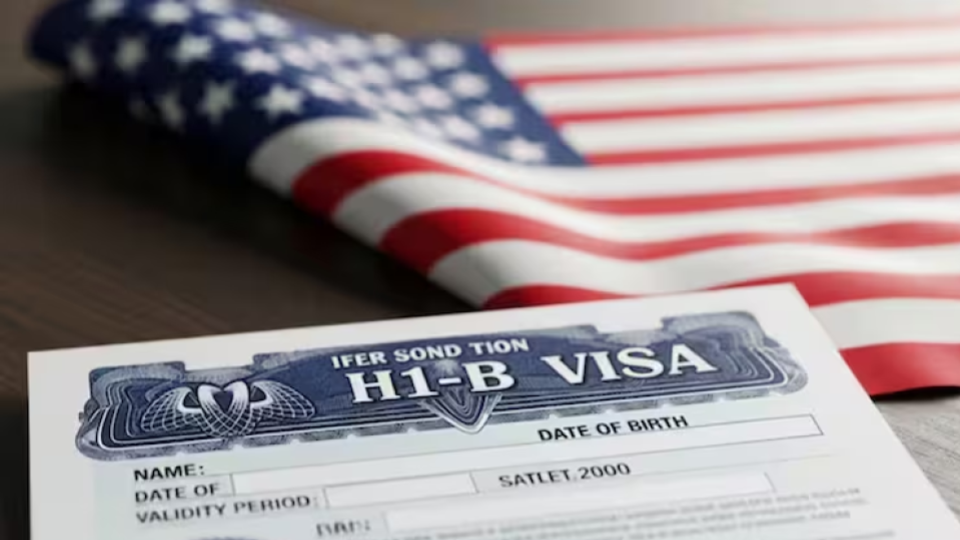
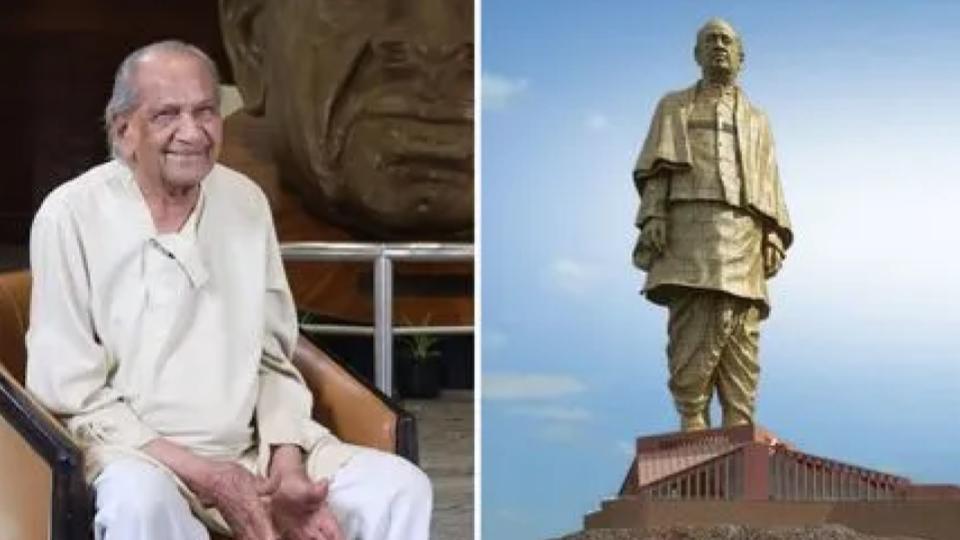



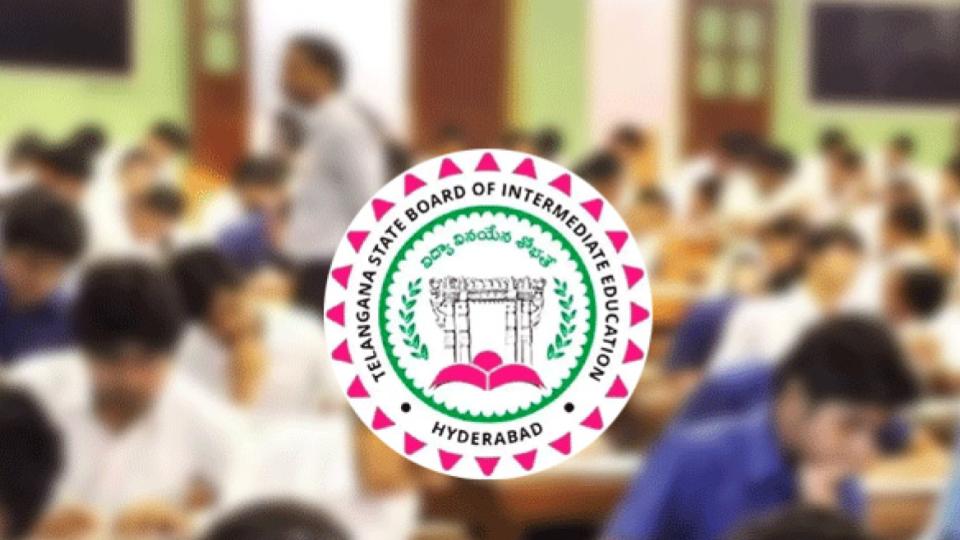
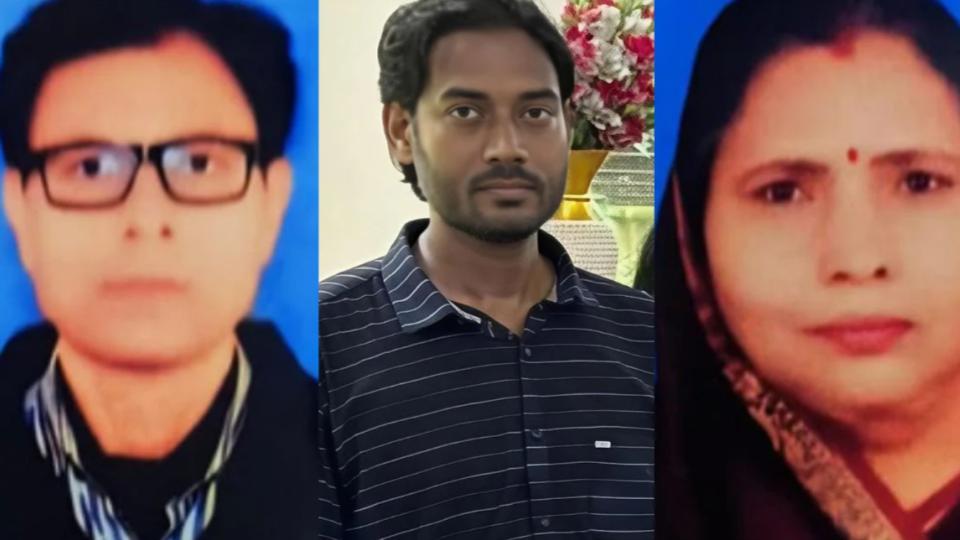
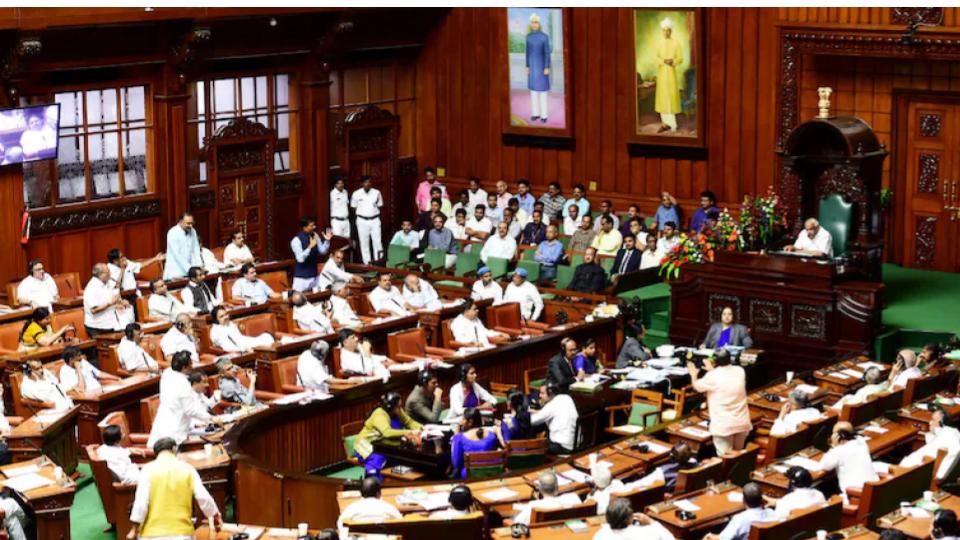

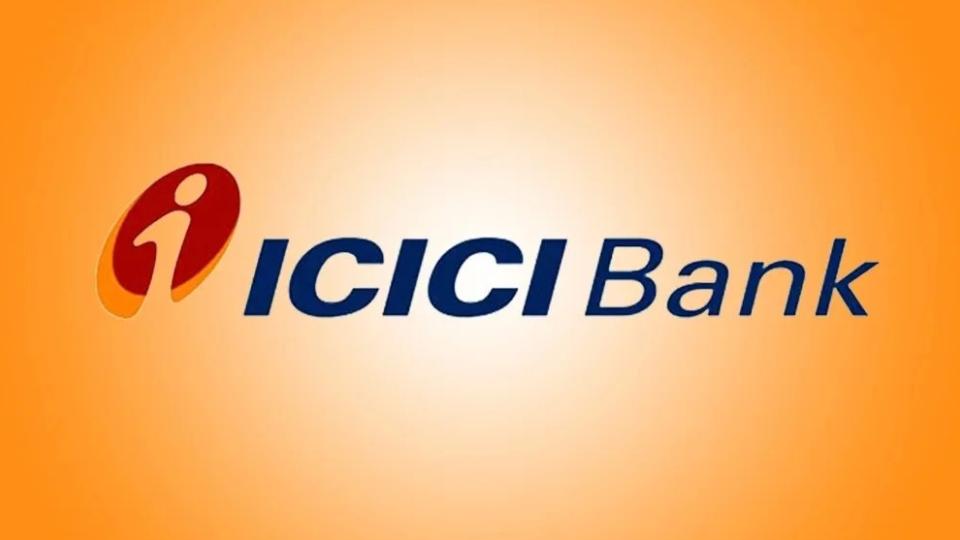

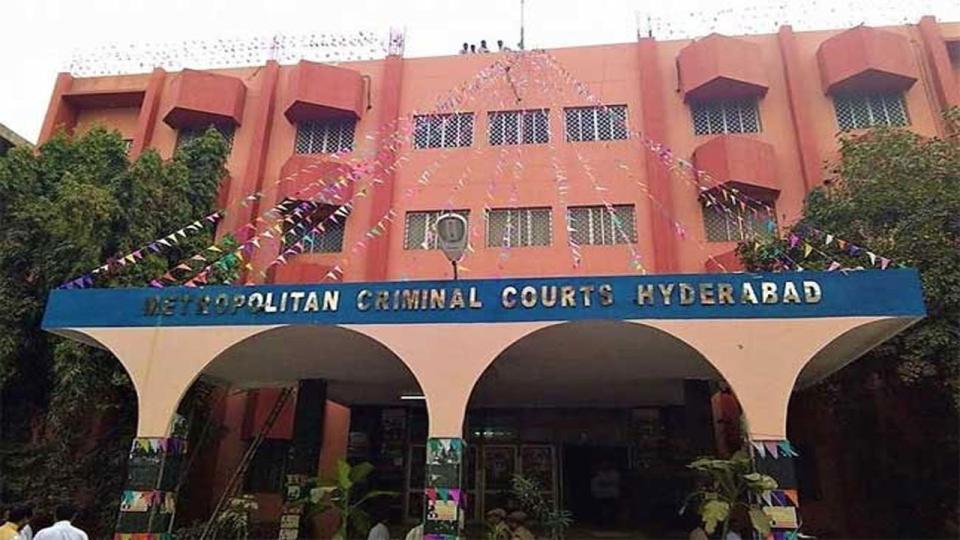
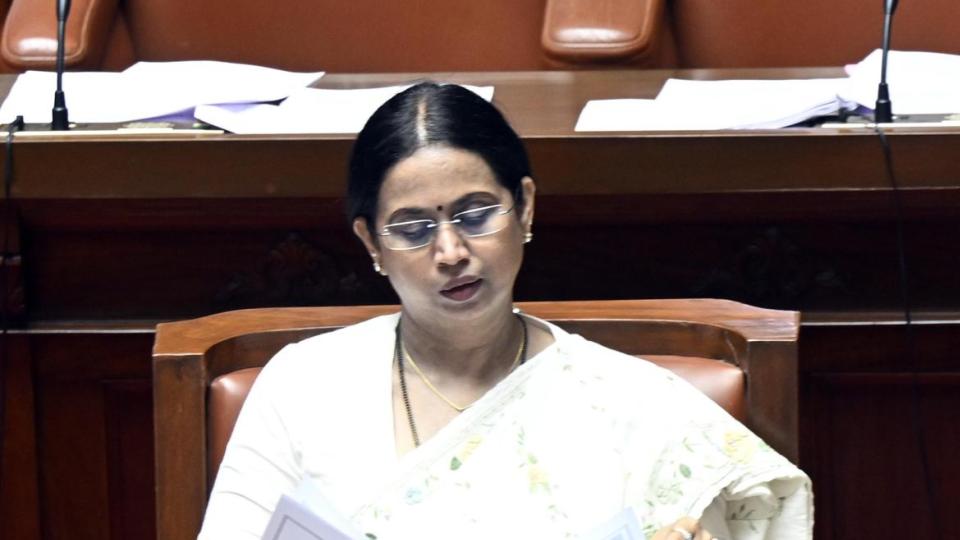











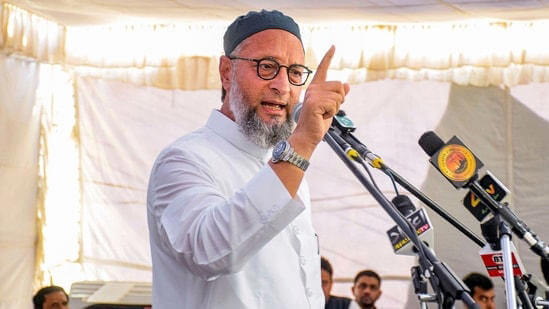
.jpg)
.jpg)
.jpg)


